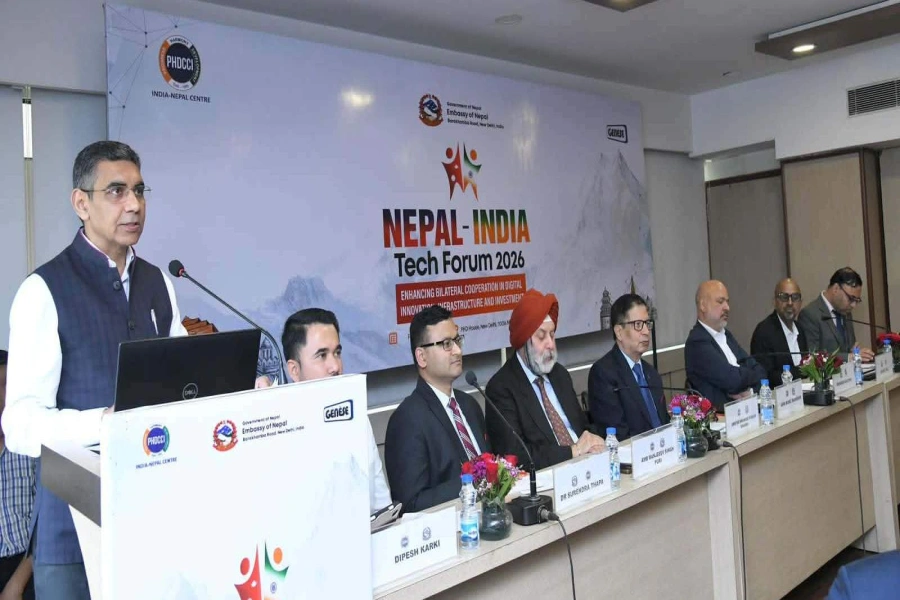DAMAK, Jan 21: The number of people donating their body after death for research and academic purpose is increasing of late.
The Mechi Cooperatives Institute in Damak, Jhapa began this noble initiative around 13 years ago in 2061 B.S. and is gradually gaining momentum. One of the oldest financial institutions of the district, the Cooperatives had begun eye donation and body donation together.
Desperate search for missing girls as nearly 80 dead in Texas f...

It had formally begun with the then President of the Cooperatives Ganesh Bahadur Basnet expressing his wish to donate his body after death. Then many followed suit. The number of people wishing to donate their body after death has increased after coming to know about the utility of the body even after death, says manager of the cooperatives Khom Prasad Thapa.
Since the programme began, so far 89 people have registered their names after filling up the wish form to donate their bodies. Majority of them are residents of Damak municipality. After the death of the wishful body donor, the body is received to the Cooperatives which in turn hands over to the BP Koirala Institute of Health Sciences and other medical institutes for research and study.
Likewise, 201 people have expressed and registered their intent to donate their eyes after death. "Initially there was a lot of hesitation as it was perceived to be against the culture and tradition too, but people's mentality is gradually changing and the number of donors is increasing", Thapa said.
Current Chair of the cooperatives Narayan Bhattarai, who has also donated his body, says that he decided to join the list of donors as donation was itself a sacred act. The body donation programme has been included in the annual calendar of the cooperatives. Though it is a matter of one's right, we also make sure that it does not become a matter of family dispute in the future, Bhattarai said. The cooperatives hence takes a written consent from the wishful donors.
After the death of the aspirant donor, the cooperatives is informed and the concerned medical institutes receive the body from it. After the body is taken away, the bereaved family perform the post-death rituals as per their respective custom.
"I wished to donate my body to a dignified sector like medical education instead of letting it burn into ashes after my death," said editor of Satashi weekly in Damak, Chhabi Lal Dawadi. The post-death cremation would actually pollute the environment rather than leading to an act of religious sanctity. RSS






































